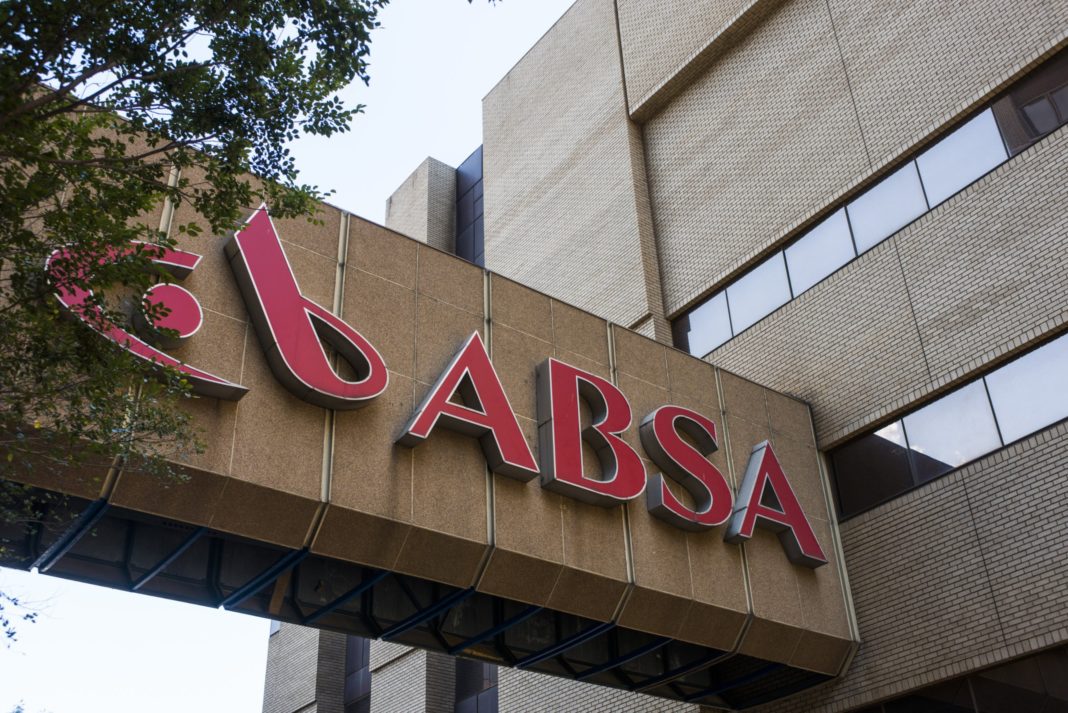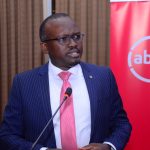Absa Group reported strong normalised headline earnings of R21 billion for the 2022 financial year, an increase of 13% from the prior year and well above pre-Covid levels. The result was driven by significantly higher pre-provision profit which, in turn, was driven by very strong revenue growth of 15% to just under R100 billion.
Strong pre-provision profit growth was tempered by a 61% increase in impairments. This reflects the impact of higher interest rates and inflationary pressures in South Africa and significant Ghana sovereign debt-related impairments.
“Our consistent strategy execution produced strong results in 2022,” said Arrie Rautenbach, Absa Group Chief Executive Officer. “We believe in our strategy and we have momentum behind us. Along with a stable and experienced leadership team, I am confident that we will be able to sustainably achieve our targets,” he said.
Absa’s customer base grew through improved product offerings and enhanced digital platforms. In South Africa, Absa’s largest market, the number of customers increased to 9.7 million from 9.6 million, with digitally active customers increasing 10% as stability improved and functionality was enriched. Absa was among the first to go to market with Google Wallet and the rollout of the Abby chatbot; Absa ID was also effective, with over two million enrollments in the first year. Absa won more than 15 awards in the digital space, including Best Digital Bank in South Africa, Mauritius and Tanzania.
Key metrics including return on equity and cost-to-income ratio continued to improve as the Group continues to deliver against its growth strategy adopted in 2018 and which was refreshed last year.
“We are building a strong and consistent track record of delivery against our strategy and we are well positioned for growth, notwithstanding the more difficult operating environment,” said Jason Quinn, Absa Group Financial Director.
The Group capital position remains above the Board approved target range and the Common Equity Tier 1 ratio was strong at 12.8%. The Group loan coverage ratio of 3.9% remains robust and well above the pre-Covid position.
Business unit performance
The Group refined its operating model, with effect 1 July 2022, as part of its journey to enhance market competitiveness, while also improving its transformation position. In essence, the Group has moved from two commercial businesses – Corporate and Investment Banking (CIB) Pan-Africa and Retail and Business Banking (RBB) Pan-Africa – to five business units.
Product Solutions Cluster (mortgages, vehicle financing, both life and non-life insurance products as well as an investment products and advisory services in SA).
Headline earnings increased by 26% to R3.5 billion, driven by the recovery in the insurance business, while the lending businesses maintained balance sheet growth momentum, notwithstanding the impact of the weaker macro environment and supply chain challenges. Rising interest rates and higher inflation, plus the non-recurrence of 2021 model enhancements benefits saw the impairment charge increase year-on-year.
Everyday Banking (day-to-day banking products and services in SA)
Headline earnings were unchanged at R4.1 billion as higher credit impairments offset strong pre-provision profit growth. The unit registered growth in personal loans, credit card sales and sales of transactional accounts.
Relationship Banking (business banking, wealth, commercial asset financing in SA)
Headline earnings increased by 8% to R4 billion as the unit registered strong growth in the commercial segment, notably in specialised lending, commercial payments and agri products.
Absa Regional Operations (ARO) RBB (retail, business banking and insurance products and services aimed at individuals, small to medium enterprises and commercial customers)
Headline earnings rebounded to R1.1 billion from R106 million, due to a combination of strong revenue-led pre-provision profit growth and lower impairments. The active customer base increased to 1.7 million from 1.6 million a year earlier.
CIB Pan-Africa (specialist investment banking, corporate and transactional banking, financing, risk management, advisory products and services)
Headline earnings increased by 9% to R9 billion as revenue rose across all business areas and as solid growth was achieved in the client franchise, particularly as the number of primary banked clients increased. The benefit of good revenue gains was partially offset by a substantial increase in impairments, particularly as a result of challenging market conditions in West Africa.
An Active Force for Good
During the year, Absa made progress in further elevating the importance of sustainability as an integral part of Group strategy as part of its commitment to being an active force for good in everything we do. Within this, Absa identified climate change, financial inclusion and promoting diversity and inclusion as key focus areas.
Absa registered milestone developments in sustainable lending and funding and continued to build on its leadership in renewable energy financing. Absa acted as joint mandated lead arranger and lender for South Africa’s first utility-scale renewable energy captive power project, comprising 200 MW of solar power, in one of several transactions that added to the bank’s growing renewable energy portfolio.
Absa also made progress in inclusive finance. For instance, Absa Home Loans housed close to 7,000 households through a R2 billion social loan secured from the International Finance Corporation and the total affordable-housing book in South Africa increased to R17 billion.
As part of its revised leadership structures, Absa ensured that changes reflected its commitment to advancing transformation, diversity and inclusion and the Group made significant progress in this regard in 2022.
During the year, Absa Group invested more than R267 million (a 37% increase) in support of communities, through education and youth employability, and strategic engagement initiatives to enable inclusive sustainable economic growth in Africa. This included R25 million towards corporate community support, comprising disaster and humanitarian relief efforts, food relief and health support, as well as employee volunteering activities.
“These efforts demonstrate our commitment to being an active force for good in everything we do by contributing meaningfully to the societies in which we operate,” said Rautenbach.
Outlook
The outlook for the global, regional and domestic environment remains unusually uncertain. For South Africa, Absa expects the economy to grow by less than 1% in 2023. Electricity supply is expected to remain a significant risk for the economy for the foreseeable future. Absa forecasts 4.4% GDP-weighted economic growth for the ARO presence countries in 2023.
Based on the current assumptions, Absa expects solid revenue growth and credit losses at the top end of its target range, given higher rates and inflationary pressures. Absa expects return on equity of around 17%.
“We are conscious that the macro environment is tough and is expected to get tougher but we have a well-positioned and resilient balance sheet to withstand it,” said Rautenbach.








